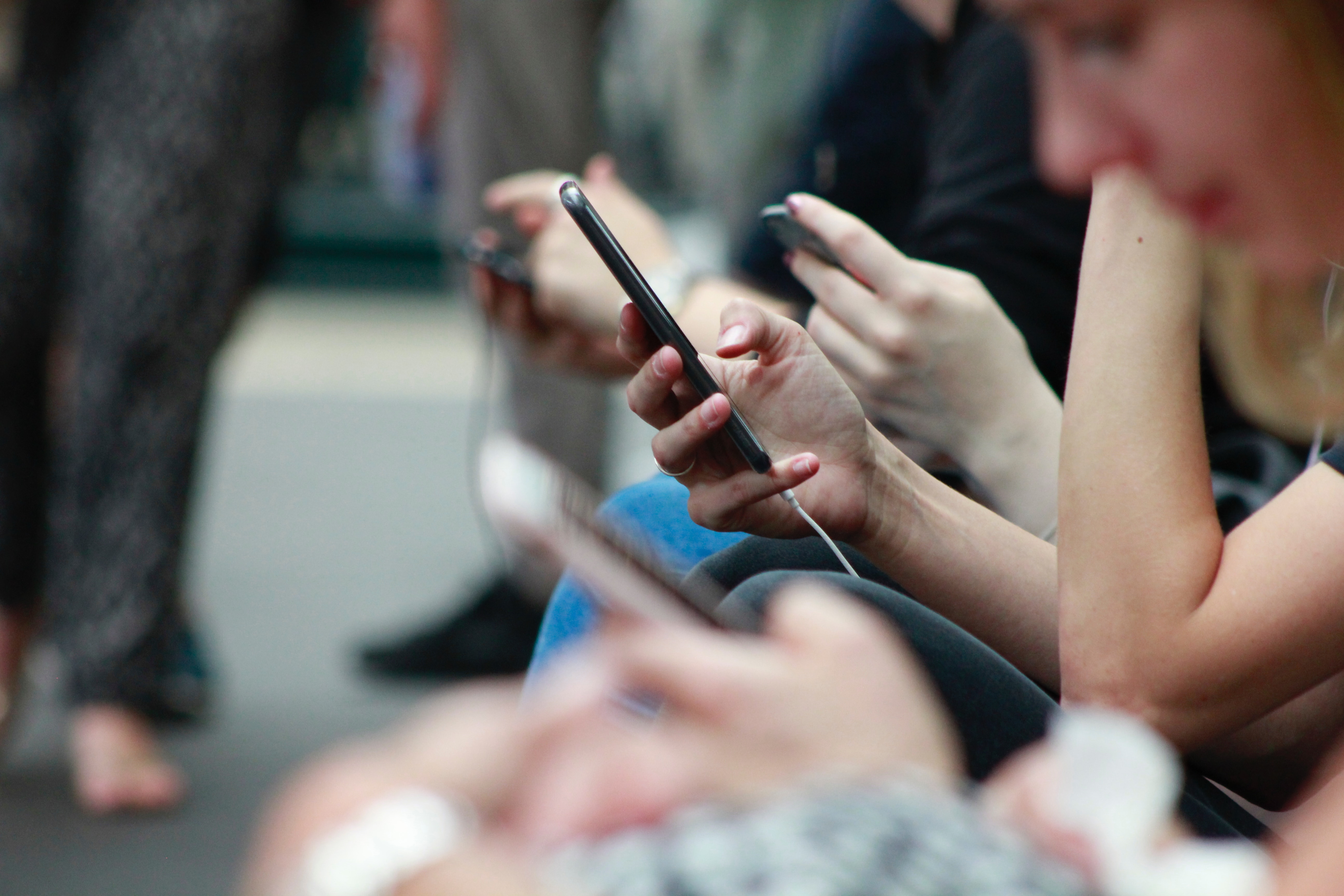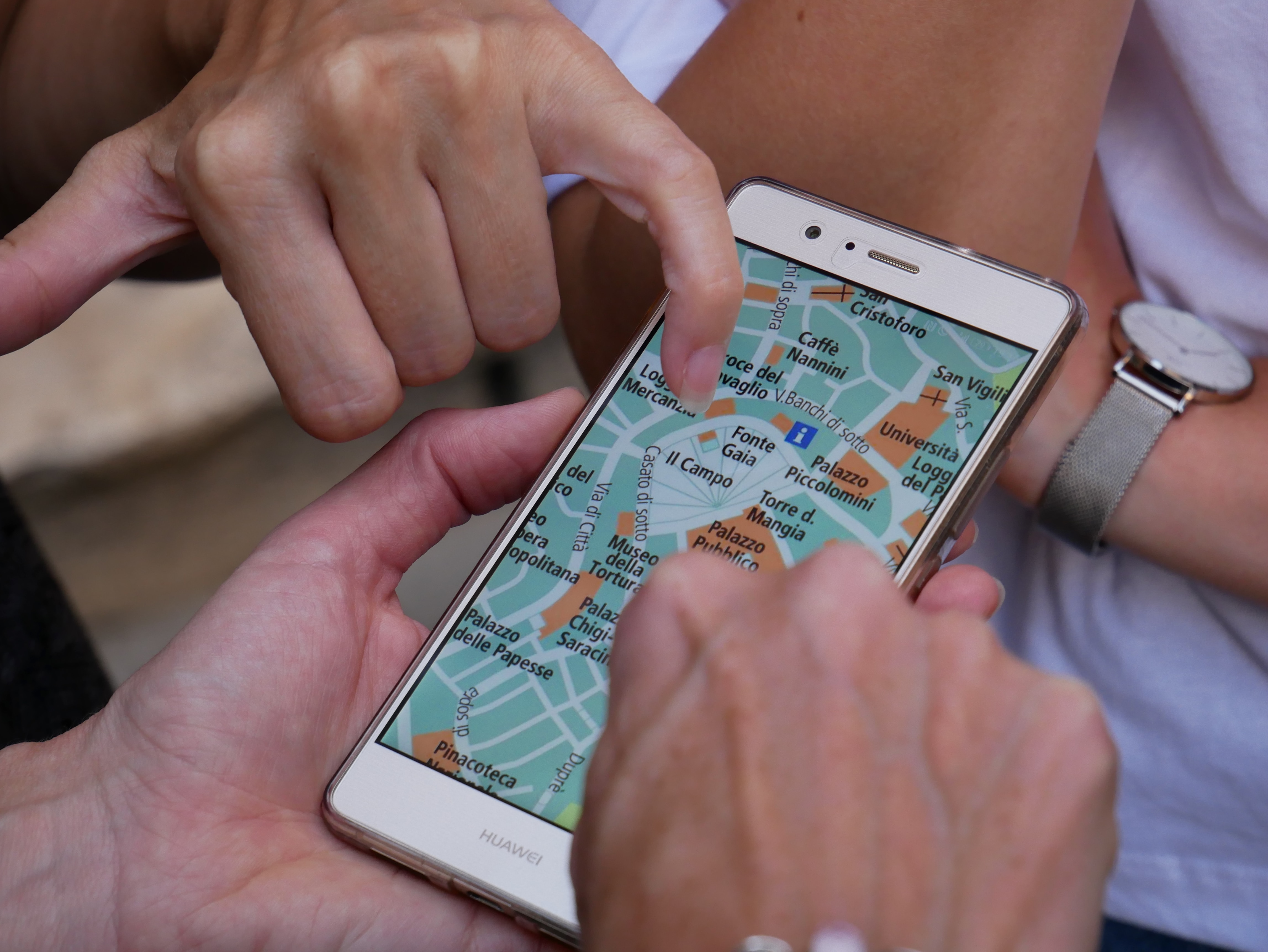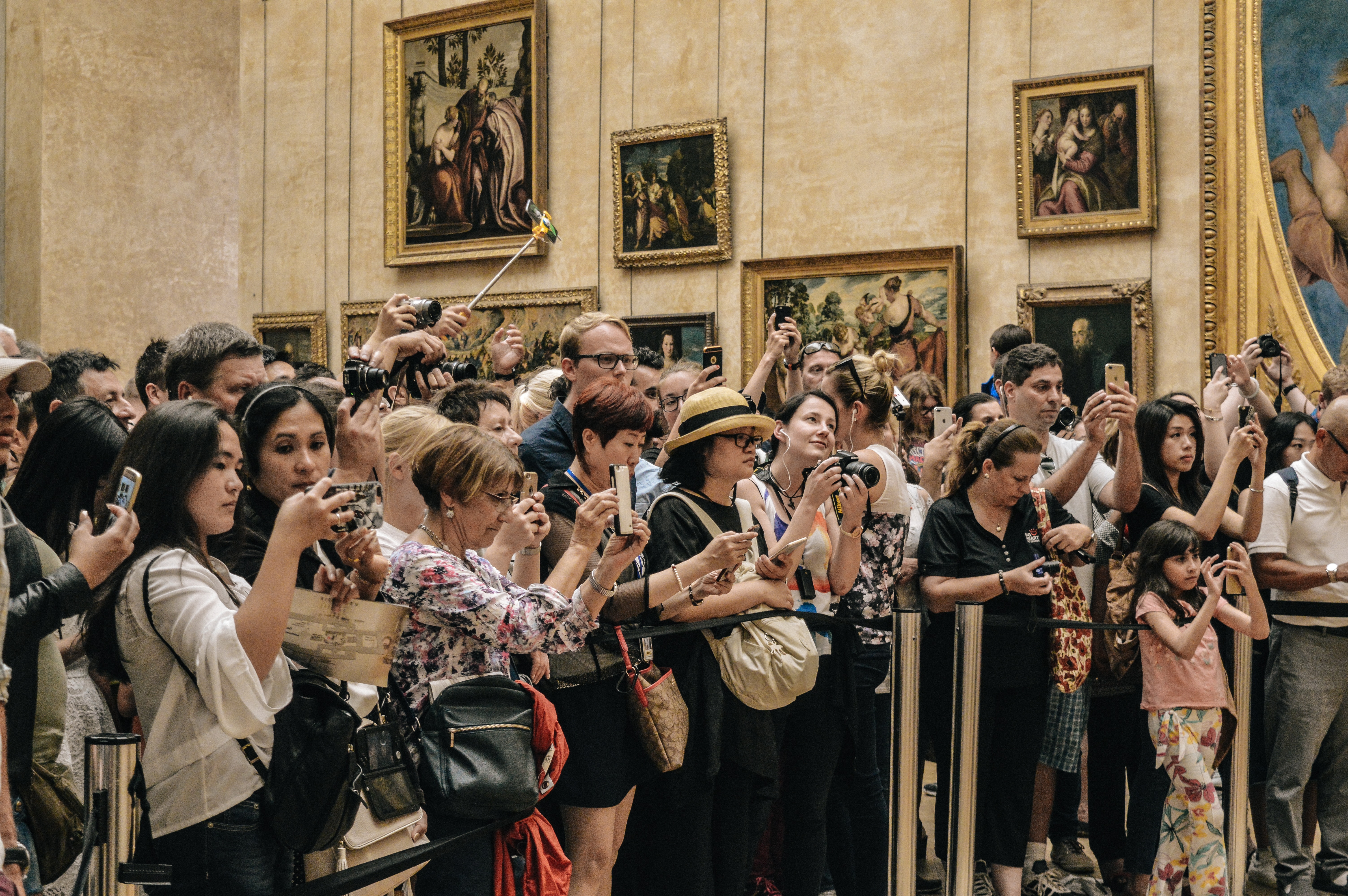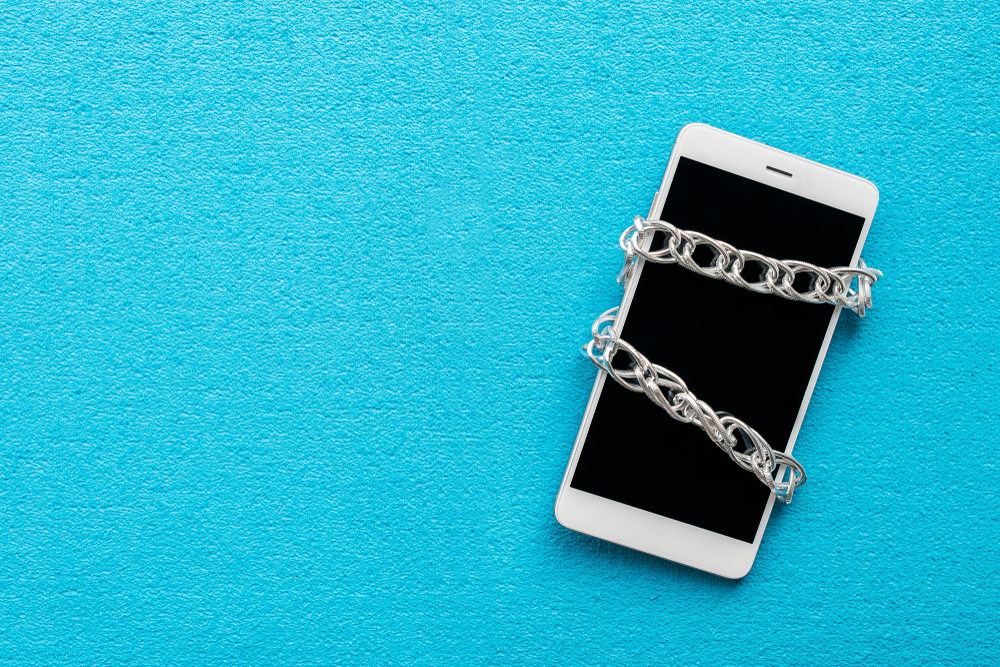Our mobile devices serve as our workstation, our entertainer, our fitness and meditation coach, our media agency and our direct channel to our friends and family. However, too much Internet and especially social media use results in anxiety, depression, sleep deprivation, and even affects our cognitive abilities. Although, many of us are aware that we have too much screen time, there is this constant temptation to read an email as soon as it arrives, to check how many likes our recent post on Facebook got, to see how many retweets we have on Twitter and to check how many steps we have taken. While we are living in a physical world, ubiquitous connectivity allows us to step into the virtual world anytime and anywhere.

ROBIN WORRALL
Not just in our daily life but also during the time we travel we become more and more reliant on our smartphone acting as a personal travel assistant that helps us navigating unknown cities, provides us with recommendations from other travellers, allows us to stay in touch with family and friends and enables us to buy tickets on the go. We appreciate our devices, but they don’t let us fully embrace our vacations as we would love to. We still get work emails that remind us of our professional commitments, we follow the blue dot on Google Maps without looking up to see the environment around us, and we spend too much time chatting with our friends and family at home rather than making new friends and getting to know locals and other travellers. Fear of Missing out (FoMO) by millennials and Generation Z makes it difficult for them to escape from their daily lives and work commitments on vacation because of mobile technologies. This constant connectivity on vacation prevents travellers from enjoying the experience and has negative impacts on travellers’ mental health. Although acknowledging the benefits of digital detox on vacation, many tech-savvy travellers are concerned if they can cope with FoMO and achieve the positive benefits of the digitally disconnected experience. We conducted an in-depth investigation of travellers’ emotions throughout the whole digital detox vacation experience.

Sebastian Hietsch

Alicia Steels
We used a combination of diaries and semi-structured in-depth interviews as a research method to explore the dynamics and complexity of travellers’ emotions throughout pre,- during, and post disconnection stages. Using the lenses of emotional episodes and affordances we found that people experience a range of different emotions before disconnection. Many of them felt quite nervous and anxious, while others were quite excited to escape the constant information flood. In the first couple of hours most of our participants that were mainly tech-savvy millennials were lost literally and metaphorically. It was a big shock and learning curve for them. As they usually heavily rely on their phones, they now had to learn how to navigate using paper maps, rely on their gut feeling to find good restaurants and asked locals or other travellers for directions and advice on what to visit. Although, many of them felt quite uncertain, were nervous and even bored as they couldn’t use social media while waiting for their bus or on their commute, most of them embraced the disconnected experience after a while. They were proud as they gained navigation skills, engaged much more with other people around them, and realised the beauty of their surroundings as they weren’t busy staring at their screens. After the disconnection, many reflected their experiences with technologies and admitted that they spent far too much time on their smartphones, and they would like to go on another digital detox vacationas it is a great time to escape their professional and private commitments.
A few participants didn’t experience the initial negative emotions at all and embraced the digital detox right away, while two of our participants couldn’t disconnect due to safety reasons. We also found that those that have many professional and private commitments, solo travellers, and participants who travelled urban places experienced stronger negative withdrawal emotions initially.

Leio McLaren (@leiomclaren)
What we have learned from our participants is that through disconnecting from the virtual world, they learn new skills, reengage with the environment, companions, and recharge themselves. Although experiencing an emotional rollercoaster, the digital-free vacation has a positive impact on their mental health and well-being. Our findings have implications for digital-free tourism in this growing niche market. With the increasing adoption of digitalisation, tourism and hospitality businesses should also consider how to cater the new trends of digital-free tourism. The benefits of a digital detox vacation on overall travel experience and mental health should be promoted by destination management organisations.



